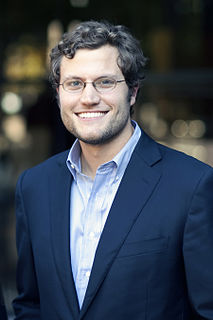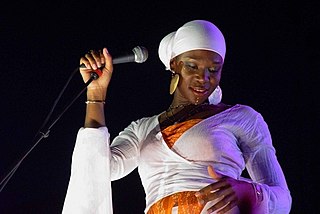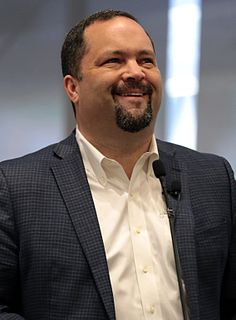A Quote by Octavia E. Butler
The norm is white, apparently, in the view of people who see things in that way. For them, the only reason you would introduce a black character is to introduce this kind of abnormality. Usually, it's because you're telling a story about racism or at least about race.
Related Quotes
I see racism as institutional: the rules are different for me because I'm black. It's not necessarily someone's specific attitude against me; it's just the fact that I, as a black man, have a much harder time making an art-house movie and getting it released than a white person does about their very white point of view. That's racism.
This film isn't about "white racism", or racism at all. DEAR WHITE PEOPLE is about identity. It's about the difference between how the mass culture responds to a person because of their race and who they understand themselves to truly be. And this societal conflict appears to be one that many share.
The times when black women have been successful in confronting and overcoming the structural and institutional sexism and racism that persists in our society have been when we are thoughtful and strategic about speaking up. It's when we've done what it takes to introduce and implement our ideas and our plans to make things better.
White people's fear of Black people with guns will never cease to amaze me. Probably it's because they think about what they would do were they in our place. Especially the police, who have done so much dirt to Black people - their guilty conscience tells them to be afraid. When Black people seriously organize and take up arms to fight for our liberation, there will be a lot of white people who will drop dead from no other reason than their own guilt and fear.
The way I see it, truth only looks good when you're looking at it from far away. It's kind of like that beautiful girl you see on the street when you're riding past in the bus... there she is, this amazing girl walking by on the street, and you think if you could only get off this stupid bus and introduce yourself to her, your life would change. The thing is, she's not as perfect as you think, and if you ever got off the bus to introduce yourself, you'd find out... This girl is truth. She's not so pretty, not so nice. But then, once you get to know her, all that stuff doesn't seem to matter.





































